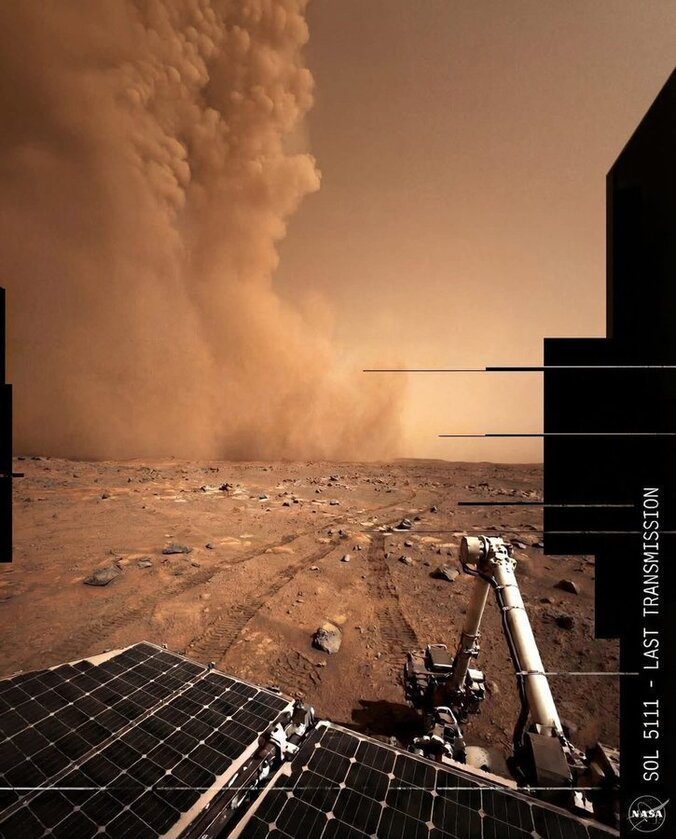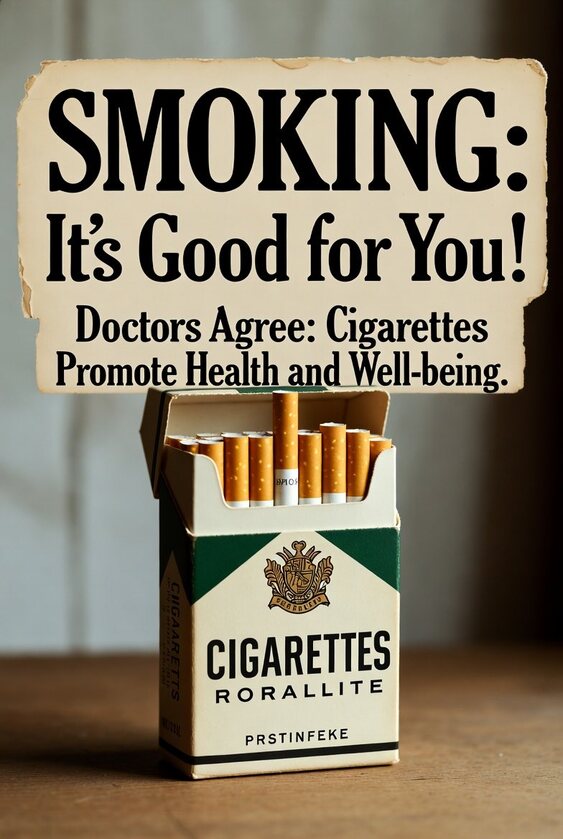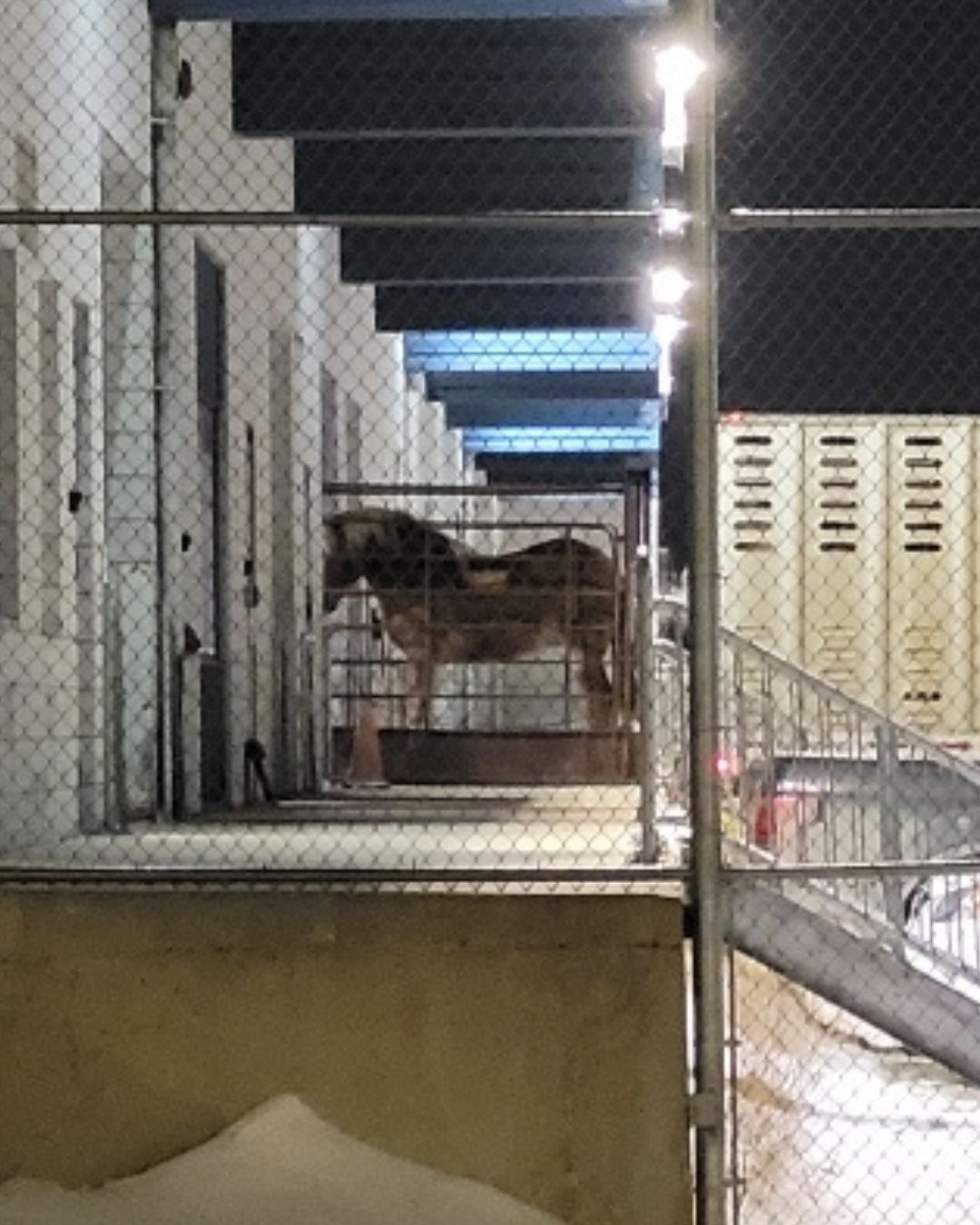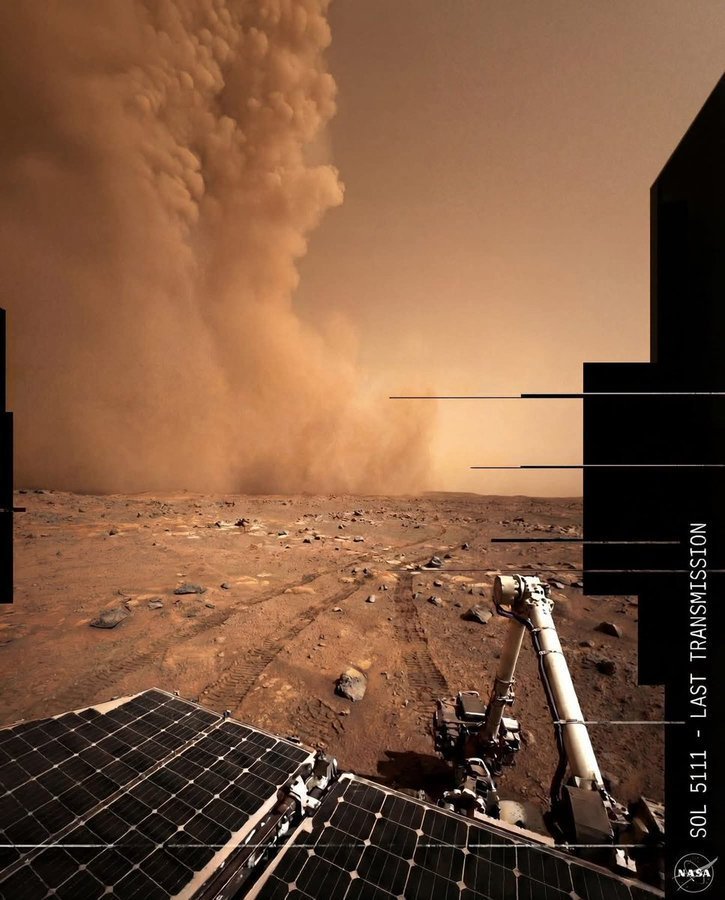Email today to buy or store your DASEIN System 6 can carton today.
[email protected]
Now after you've read all this above and let it soak in for a bit go into your bathroom or kitchen and do an assessment of your medicine cabinet.
What happens if everything in that cabinet is gone and you can't get more? If you can do something about that and don't all the above may well mean exactly nothing.
Next take off all your clothes and find a mirror in your house. Have a good look and don't lie to yourself.
If you have to hike 5 miles over rough terrain to get water and haul enough back for a couple of days for the people in your household can you do it? Incidentally that requirement is roughly a gallon per person, per day and each gallon masses 8lbs so you're talking about "rucking" 35-40lbs (with the pack) on the five-mile return if there are four people in your household. If you have to do it, and can't, you will die. Or if you need to do the same thing with 3-4 gallons of gas for a generator (you do have one, right?) to run your well pump for a few days and keep the refer operating -- can you?
https://www.zerohedge.com/markets/self-rescue-yes-you-need-be-able-do
Basashi is the term for horse sashimi. The overwhelming majority of sashimi is fish.
ANOTHER SHIPMENT 💔🐴 At 4:05 AM, another export flight of horses left the Winnipeg airport & is now en route to Japan for slaughter. With the windchill, it was -30°C, yet horses were left in crates on the tarmac for hours. Canada must END this now! #CdnPoli
📷 @mbanimalsave
My battery is low and it's getting dark." These haunting words, sent from 225 million miles across the void, became the poignant farewell of NASA's Opportunity rover—affectionately known as Oppy—before it fell silent forever. Launched in 2003 and landing on Mars on January 25, 2004, Opportunity was designed for a modest 90-day (90-sol) mission to search for signs of ancient water. Instead, this plucky little solar-powered explorer defied every expectation, outlasting its warranty by a staggering factor of 55, roaming the Red Planet for nearly 15 Earth years (5,498 days / 5,352 sols). It traversed over 45 kilometers (28 miles), survived brutal dust storms, climbed crater rims, and delivered groundbreaking discoveries: definitive evidence of past liquid water, minerals formed in water, and hints that parts of ancient Mars could have supported microbial life.But in June 2018, a massive planet-encircling dust storm engulfed Mars, blocking sunlight for months and starving Oppy's solar ...

RFK Jr: Food is affecting everything that we do...if a foreign enemy or adversary did this to our country, poisoned us at mass scale, we'd consider it an act of war...
https://x.com/i/status/2023117209036312732
















